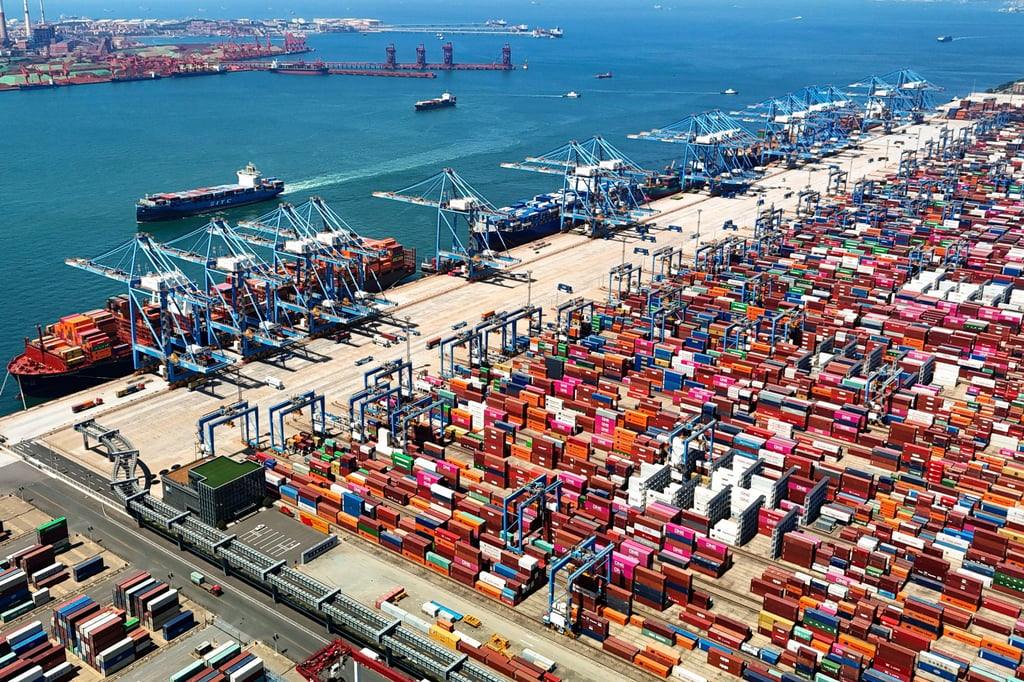‘Globalisation is going forward. Trade remains enormously beneficial to the world, and everybody understands that,’ Winters says

China will make changes to its system of trading if the Trump administration follows through with its tariff threats and while markets will be disrupted, business will go on, according to Standard Chartered CEO Bill Winters.
“Things could get disruptive, [however] markets will equilibrate, and if one country imposes a tariff on another, then trade will reroute,” Winters said during a recent visit to Hong Kong.
“Lots of commitments were made during [the US presidential] campaign, which, directionally, I’m sure will be honoured.”
The London-based bank, which generates much of its income in Asia, is betting on its capabilities in cross-border transactions and investments to drive growth in the coming years, along with wealth management to cater to Asia’s growing cohort of affluent customers.
With another trade war on the horizon, a number of Chinese companies have already moved their manufacturing facilities to Southeast Asia. There, Chinese companies can ship their goods onwards to the US to avoid tariffs. The reshoring process kicked off during Trump’s first term, when US tariffs on Chinese exports climbed as high as 25 per cent. Neighbouring countries like Vietnam and Thailand quickly became buzzing factory hubs.

In Vietnam, China was the top direct investor, capturing 29.7 per cent of all new projects during the first seven months of this year.
“There will be winners and losers,” Winters said. “But I’m not worried about globalisation going backwards. Globalisation is going forward. Trade remains enormously beneficial to the world, and everybody understands that.”
On the campaign trail, Trump said he would impose an additional 60 per cent tariff on all imports from China, as well as a 10 per cent to 20 per cent flat duty on all imports. On Monday, after Winters spoke, Trump said he would impose an additional 10 per cent tariff on goods from China as well as a 25 per cent levy on all imports from Canada and Mexico.
“In Asia, China will bear the brunt of [the] discriminatory tariffs,” said Min Lan Tan, the head Asia-Pacific CIO at UBS Global Wealth Management, in the bank’s 2025 Year Ahead report released on Wednesday.
“The spectre of tariffs will be an overhang on growth,” she added. “Still, compared to Trump 1.0, the region is now more equipped to manage these challenges.”
Another trade war could also provide some upside for China’s outbound mergers and acquisitions (M&A) activity, according to industry experts.
Firms in China seeking to reduce reliance on the US will look at globalising faster and seek alternative shipping routes, according to Stanley Lah, the Asia-Pacific and China M&A services leader at Deloitte.
M&A deals are viewed as a speedier solution to access new markets, compared with investing and setting up operations from scratch, Deloitte said.
“Even the most die hard protectionists understand that trade is actually creating prosperity in the world,” Winters said. “So we’ll find a way to protect the global trading system, even if it gets rerouted in the competition.”
